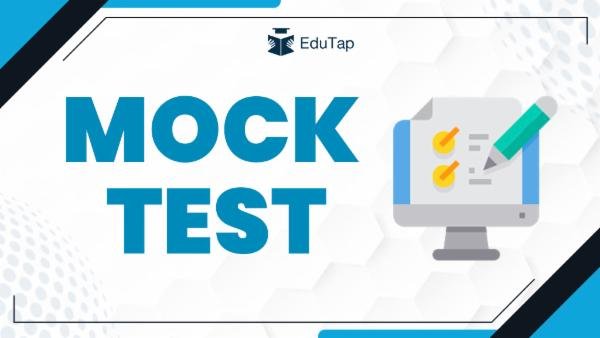The science behind mock tests can be a game-changer for both students and educators. Mock tests, or practice exams, play a pivotal role in the learning process, offering valuable insights and practice opportunities. In this blog post, we’ll decode the science behind mock tests and uncover how they can enhance learning and performance.
The Importance of The Science Behind Mock Tests in Education
Mock tests are designed to simulate the conditions of a real exam, including its format, difficulty level, and time constraints. They serve as a critical tool for evaluating how well a student has grasped the material. By using mock tests, students can get a realistic preview of their exam readiness and identify areas that need further attention.
The Psychological Impact of Mock Tests
Unpacking the Testing Effect
One of the key psychological benefits of mock tests is their role in the “testing effect.” This effect involves the improvement of long-term memory retention through active recall. When students engage in mock tests, they actively retrieve information from their memory, which strengthens their recall abilities and reinforces learning.
Reducing Test Anxiety
Mock tests can also help in reducing test anxiety. Familiarizing students with the exam format and conditions can alleviate stress, making them feel more prepared and confident. Regular practice through mock tests helps students become accustomed to the test environment, thereby lowering their anxiety levels on the actual exam day.
The Cognitive Science Behind Mock Tests
Delving into Active Recall and Spaced Repetition
Mock tests are grounded in cognitive science principles. Active recall, where students retrieve information from memory, is a key benefit of mock tests. This method is more effective than passive review techniques like reading or highlighting. Additionally, mock tests align with spaced repetition, a technique that involves revisiting material at intervals to combat forgetting and reinforce learning.
The Feedback Loop
Mock tests create a valuable feedback loop. By analyzing results from practice exams, students can pinpoint their strengths and weaknesses. This immediate feedback allows for targeted study and more efficient learning, helping students address gaps in their knowledge.
Practical Tips for Maximizing Mock Tests
Integrating Mock Tests into Your Study Routine
To make the most of mock tests, simulate real exam conditions as closely as possible. Adhere to time limits, use similar question formats, and create a distraction-free environment. Regularly incorporate mock tests into your study schedule to reinforce learning and build exam confidence.
Analyzing Results for Improvement
After completing a mock test, thoroughly review your performance. Identifying areas of difficulty allows you to adjust your study plan effectively. Utilizing a variety of mock test resources, such as online platforms and textbooks, can provide a broader range of questions and scenarios. Carpuride W603
The Role of Educators in Using Mock Tests
Enhancing Teaching Strategies Through Mock Tests
For educators, mock tests are a powerful tool for assessing student progress. By evaluating mock test results, educators can identify common challenges and tailor their teaching strategies to address these issues. Mock tests also help in tracking student progress over time and providing actionable feedback.
Promoting Effective Mock Testing Practices
Promote the benefits of mock tests through social media and link to reputable educational resources. Engaging with online educational communities can help spread awareness about effective mock testing practices and encourage their use in study routines.
Conclusion
The science behind mock tests reveals their profound impact on learning and performance. Mock tests enhance memory retention through active recall, reduce test anxiety, and provide valuable feedback. By integrating mock tests into study routines and leveraging their benefits, both students and educators can achieve greater academic success. Embrace the science of mock tests and unlock your potential for improved learning and performance.





